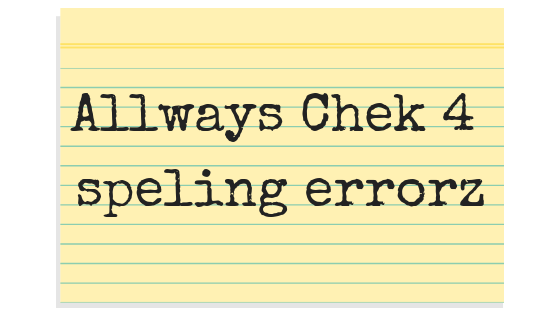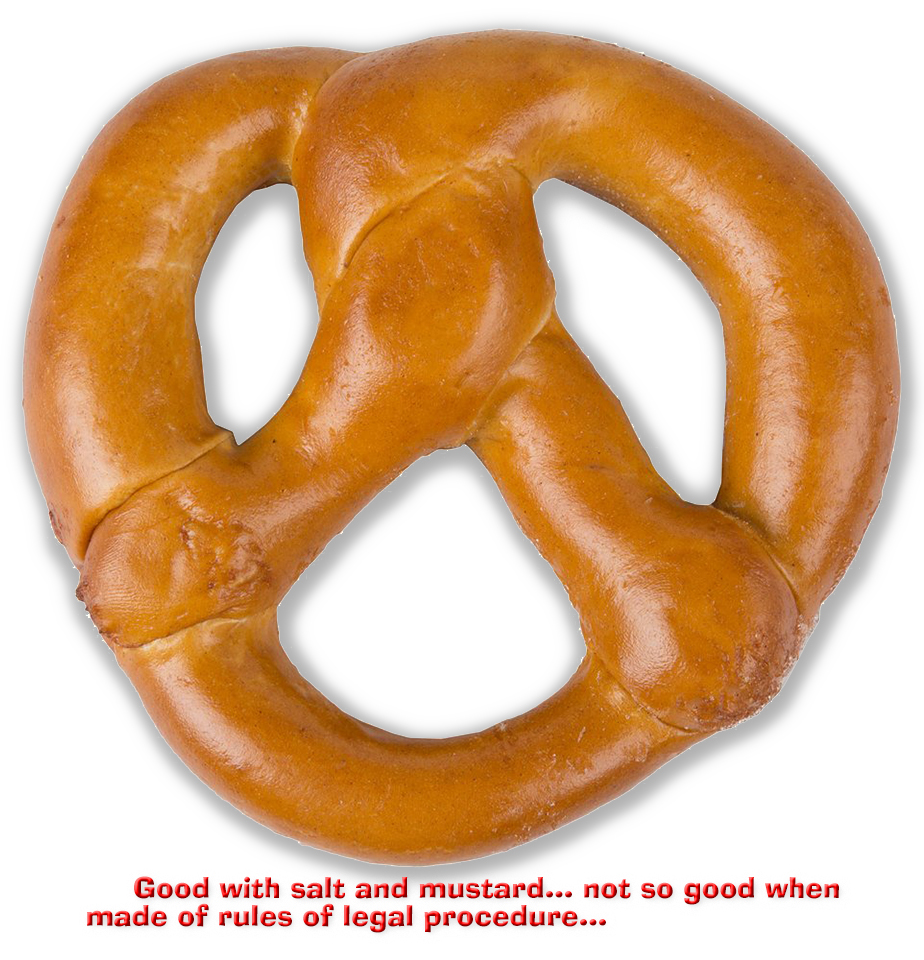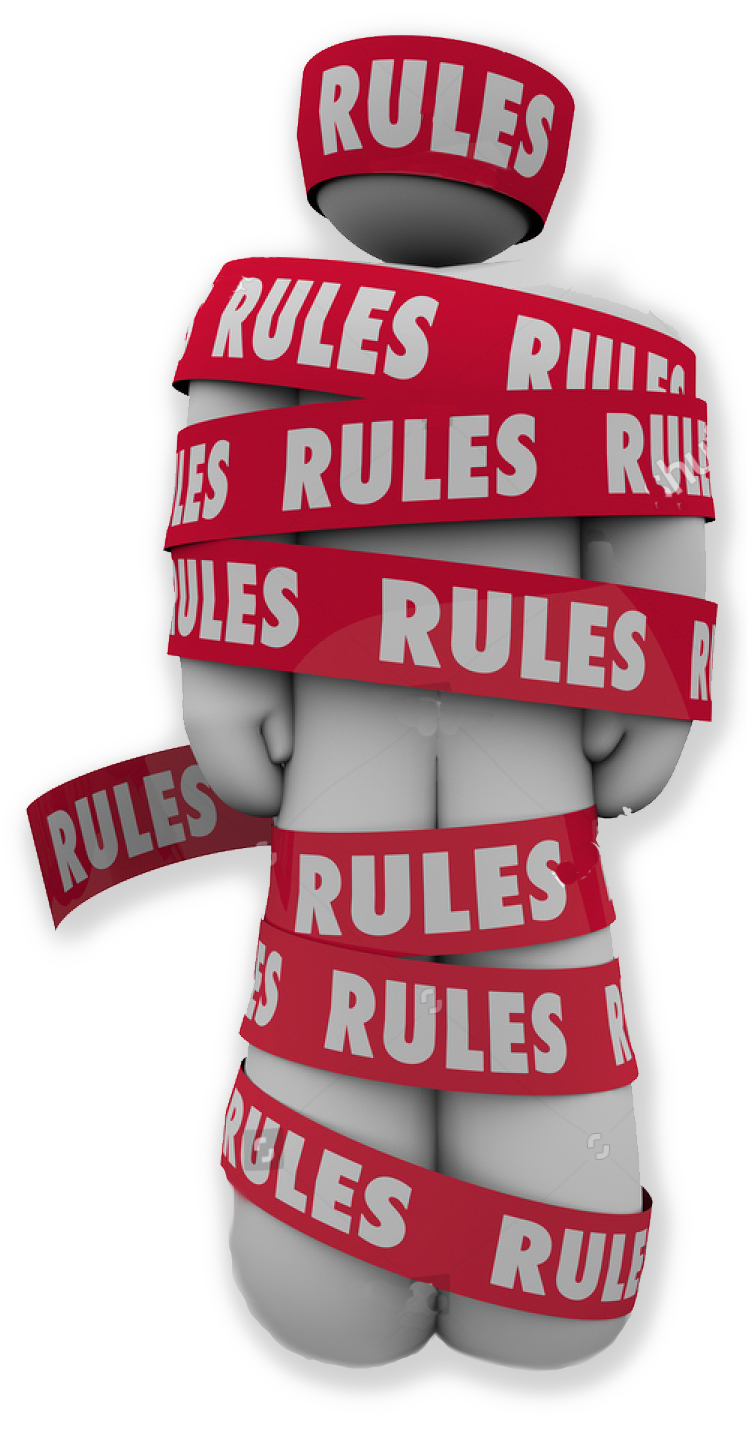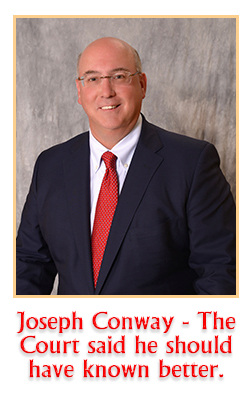We post news and comment on federal criminal justice issues, focused primarily on trial and post-conviction matters, legislative initiatives, and sentencing issues.

‘YOU HAD ONE JOB’, 5TH CIRCUIT TELLS LAWYER
A trial lawyer representing a client post-sentencing can fairly be said to only have one remaining task: To consult with the client about the advantages and disadvantages of appeal and to determine whether the client wants to file appeal papers with the court.
 Lucas Tighe, represented by Attorney Sharon Diaz, pleaded guilty in 2019 to conspiracy and firearms charges. The court sentenced him to a top-of-the-Guidelines 150 months in prison, a sentence made up of the statutory maximum of 120 months on two counts (run concurrently) and 30 months consecutive for the conspiracy charge. Luke was also charged in state court for organized criminal activity related to the same gun issues as in his federal conviction.
Lucas Tighe, represented by Attorney Sharon Diaz, pleaded guilty in 2019 to conspiracy and firearms charges. The court sentenced him to a top-of-the-Guidelines 150 months in prison, a sentence made up of the statutory maximum of 120 months on two counts (run concurrently) and 30 months consecutive for the conspiracy charge. Luke was also charged in state court for organized criminal activity related to the same gun issues as in his federal conviction.
Two months after his federal sentence, Luke got 15 years on his state charges. He wrote to the federal court asking it to run his federal sentences concurrent with the state sentence, claiming that he was misled by counsel and that he never saw his presentence report. The district court construed the letter as a 28 USC § 2255 motion, but when Luke did not respond, the court dismissed it. About 5 months later, Luke sent another letter to the court asking about his appeal. He told the court that he was in state custody, his attorney had told him she was not able to help him anymore, and he never received a copy of the judgment or sentencing paperwork. The district court appointed counsel, who filed a 28 USC § 2255 motion claiming ineffective assistance of counsel because trial counsel failed to perfect an appeal.
Luke said that he had directed Diaz prior to sentencing to ask the judge about running his federal sentence concurrently to any forthcoming state sentence but counsel “blew me off.” Luke complained that Diaz told him that after he was sentenced, she would visit him at the jail later that day, but she never showed.
The district court denied the § 2255 motion, but last week, the 5th Circuit reversed. “Diaz admitted that she had not advised Luke about the advantages or disadvantages of taking an appeal,” the Circuit said. She “excused her failure to directly ask Tighe before sentencing whether he wanted to appeal by saying, ‘Well, at that point, he hadn’t been sentenced yet, so — I did not ask him at that point if he wanted to appeal’.”
 But after sentencing, she failed to ask Luke whether he wanted to appeal, relying instead on whether he successfully reached out to her from prison. Diaz said that if Luke had contacted her and “expressed his desire to appeal, then she would have advised him of the potential advantages or disadvantages of appealing.”
But after sentencing, she failed to ask Luke whether he wanted to appeal, relying instead on whether he successfully reached out to her from prison. Diaz said that if Luke had contacted her and “expressed his desire to appeal, then she would have advised him of the potential advantages or disadvantages of appealing.”
Not good enough, the 5th ruled: “Counsel has a constitutionally imposed duty to consult with the defendant about an appeal when there is reason to think either (1) that a rational defendant would want to appeal (for example, because there are nonfrivolous grounds for appeal), or (2) that this particular defendant reasonably demonstrated to counsel that he was interested in appealing. In making this determination, courts must take into account all the information counsel knew or should have known.”
Here, the Circuit found a rational defendant in Luke’s situation would have wanted to appeal, and Luke reasonably demonstrated that he was interested in appealing. Luke and Diaz were admittedly both shocked by the court’s stacked 150-month sentence. “Regardless of whether Diaz did or did not tell Tighe that he would not get a stacked sentence, she still expressed shock over it,” the 5th said. “It is reasonable to expect that Tighe would have that same reaction.”
 Also, Attorney Diaz acknowledged that Luke wanted to ask the district court to run his federal sentence concurrent with his state sentence,” but she failed to do that. “Those are all indications that Tighe would be interested in appealing. Further, Diaz excused her failure to directly ask Tighe whether he wanted to appeal because he had not yet been sentenced. Under that same reasoning, Diaz could not have properly consulted with Tighe about an appeal prior to sentencing when she gave him his notice of right to appeal because she would not yet have known the ‘advantages and disadvantages of taking an appeal’ that she is required to counsel her client on.”
Also, Attorney Diaz acknowledged that Luke wanted to ask the district court to run his federal sentence concurrent with his state sentence,” but she failed to do that. “Those are all indications that Tighe would be interested in appealing. Further, Diaz excused her failure to directly ask Tighe whether he wanted to appeal because he had not yet been sentenced. Under that same reasoning, Diaz could not have properly consulted with Tighe about an appeal prior to sentencing when she gave him his notice of right to appeal because she would not yet have known the ‘advantages and disadvantages of taking an appeal’ that she is required to counsel her client on.”
In other words, you can’t fairly tell your client that a sentence should be appealed until you know what the sentence is.
“In the absence of any self-evident reason why Tighe would not have filed a direct appeal,” the 5th said, “and without any regard to the potential merits of such an appeal, we conclude that he has established prejudice…”
United States v. Tighe, Case No. 22-50332, 2024 U.S.App. LEXIS 1758 (5th Cir. January 25, 2024)
– Thomas L. Root















